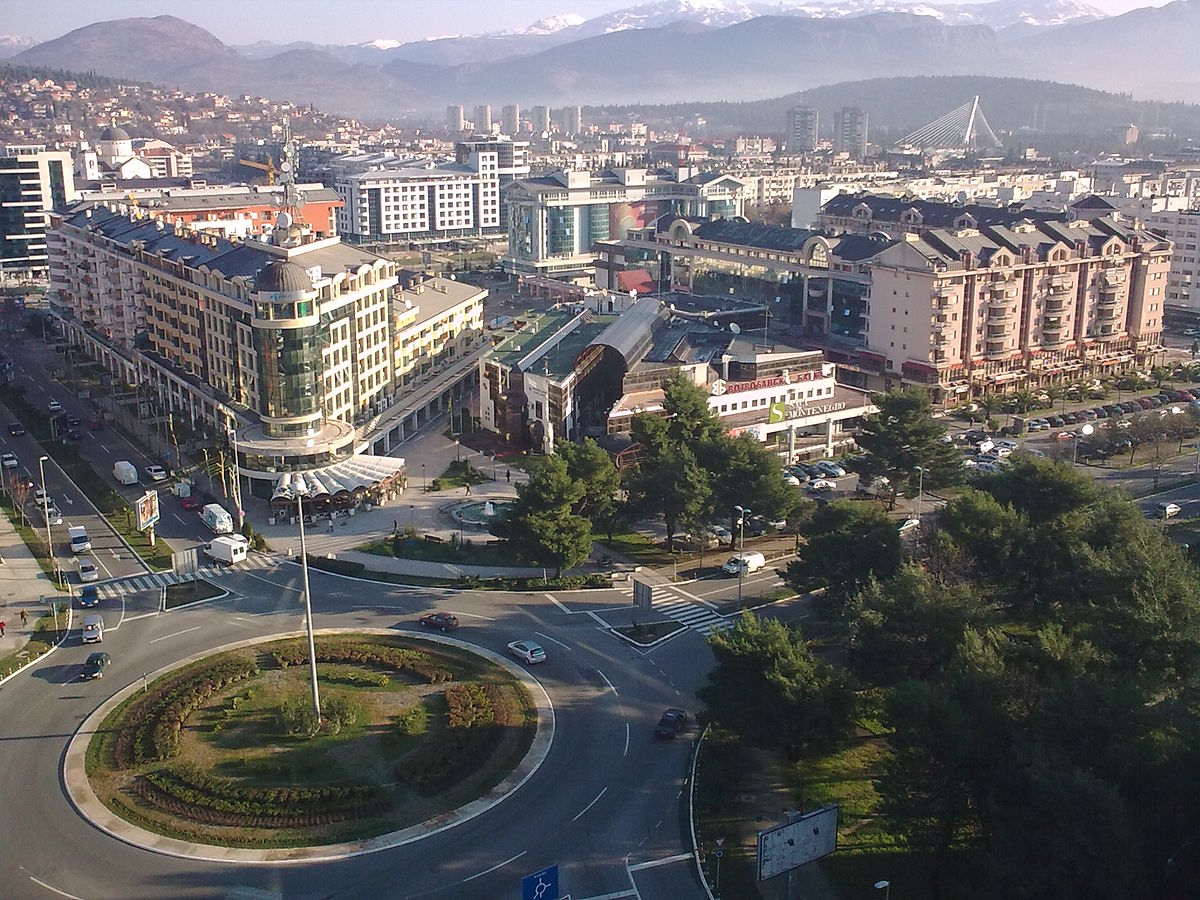

The outcome of this Sunday’s local elections in Montenegro was to be expected, even though DPS’ success was greater than anyone had anticipated. By achieving this, DPS has increased its dominance at all levels, with further wind in its sails given by its leader’s landslide victory in the presidential elections held in April. DPS now governs in 18 out of 23 municipalities and has had a majority in the national parliament since the elections in October 2016. That’s not all. DPS will, for the first time since 2000, independently manage the capital city Podgorica (with its pre-election coalition partners). The results in all municipalities were better than those in the 2014 elections.
The local elections showed a couple of regular occurrences and some, conditionally speaking, novelties. First of all, DPS is mostly safeguarding the votes of its electorate. However, the same or an insignificantly lesser/higher number of votes has now brought a bigger number of mandates than was the case before. Reasons for this should be sought in the fact that almost all opposition lists attained lower shares of the vote compared to the 2016 parliamentary and 2018 presidential elections. On the same note, the huge number of abstainers further aided DPS, especially in the capital city of Podgorica. From year to year, the opposition is failing to mobilise and motivate abstainers. Additionally, the constant fragmentation of the opposition political parties not only contributes to confusing that part of the electorate which is traditionally oppositional, but also contributes to the fact that votes given to the numerous parties that don’t pass the threshold are going to DPS. In short, the vast number of abstainers and the weaknesses of the opposition are strengthening the position of the ruling party.
Second, a tense atmosphere, irregularities, the enlisting of voters and the counting of “safe votes” in DPS election headquarters in the immediate proximity of polling stations are “regular” conditions for holding elections in Montenegro. Even though these irregularities at polling stations are mostly recorded, this doesn’t significantly affect the election results, thus the whole election process is usually assessed as in accordance with the respect of fundamental freedoms by OSCE. Still, physical attacks on opposition representatives, alongside constant pressure on voters, are an important indicator of election regularity. However, this segment is frequently ignored by international observer missions and by state institutions which should handle these cases more efficiently. During the elections on Sunday, the police authority received 21 reports regarding violence and violations of voting procedures. In Podgorica, four opposition candidates were attacked. Even though the Prosecutor’s office commenced investigations regarding these attacks, only a few believe in its success.
Third, DPS has the upper hand when going into every election, which can be seen in its control of institutions and state resources, as this could be attributed to its multi-decennial grip on power. Such an advantage was described as institutional by the OSCE in the last report from April. Even in those municipalities where this party has not governed in the last four years, the control of resources at the national level enables this starting position. One of the most obvious mechanisms of public resource misuse, besides the ubiquitous allocation of social aid, employment etc., are the frequent visits of government ministers to municipalities where elections are to be held, and right in the middle of ongoing election campaigns.
Fourth, even though Montenegrin election legislation has undergone significant changes, the last of which were adopted at the end of 2017, they have only partially alleviated the deficiencies which the OSCE indicated, thus a comprehensive electoral reform is still to be implemented.
Fifth, the Montenegrin opposition has long been stuck in a vacuum of wrong estimations, untimely actions, lack of coordination and constant mutual accusations and conflicts. After the joint decision to boycott the parliament after the October 2016 parliamentary elections, this opposition consensus was not strengthened by additional activities, with minimal joint coordination. Since the return of the Democratic Front to the parliamentary sessions at the end of last year, the boycott was rendered completely meaningless. And not only that, but operating from outside the parliament implies that the civil opposition has lost a vital channel to appeal to its voters, which therefore leads to loss of support.
Sixth, these local elections should influence the precomposition of the opposition. After Sunday’s fiasco, the Democratic Front is no longer the strongest opposition group, which is the consequence of its intertwinement in numerous, although still alleged, affairs. Even though not a single opposition party could be satisfied with the election results, the Social Democratic Party (SDP) should be the most discontent, alongside DF. Until very recently DPS’ smaller coalition partner didn’t succeed, in coalition with DEMOS, to pass the threshold in Podgorica, as this party managed to secure 5000 fewer votes (in this city) than its candidate at the previous presidential elections. These numbers indicate the need for a substantial overview of capacities in the opposition ranks, and according to that, a different approach to political operations.
Lastly, after ensuring power on all levels, DPS should finally turn to solving the numerous challenges facing the democratisation process, for which it does have the political power, but not the commitment.